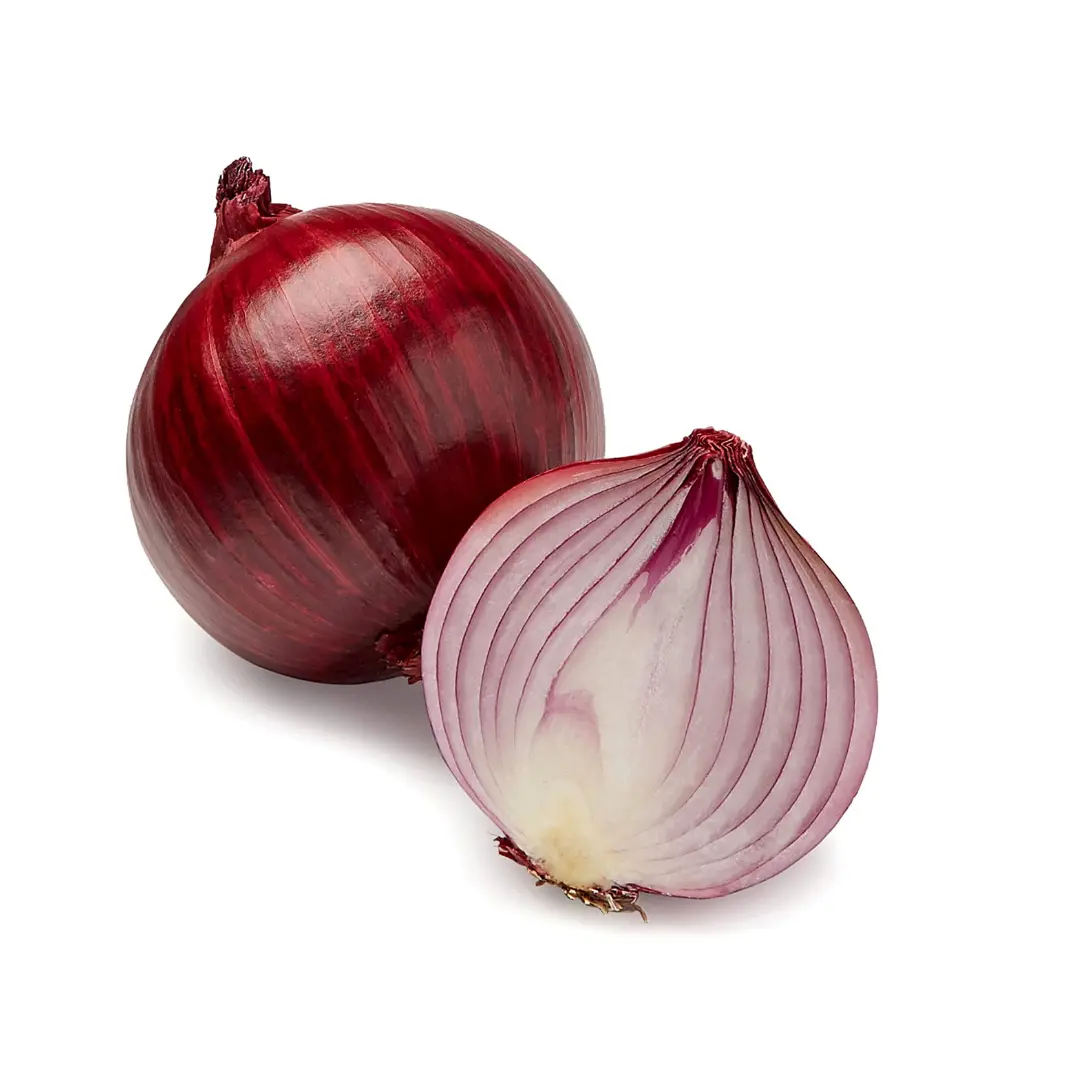Office No 1 & 2, Michael Apartment,Vasai West

Bitter Gourd
Bitter gourd, also known as bitter melon or karela, is a unique and intriguing vegetable with a vibrant green color and a distinct bitter taste.
Nutritional Values:
| 3.7 grams | Carbohydrates |
|---|---|
| 0.43 milligrams | Iron |
| 0 milligrams | Cholesterol |
| 471 IU | Minerals |
Description:
Bitter gourd, scientifically known as Momordica charantia, is an intriguing and unique vegetable that belongs to the Cucurbitaceae family. Originating in South Asia, this oblong-shaped fruit, also called bitter melon or karela, has a vibrant green hue and a distinctive bitter taste that sets it apart from other fruits and vegetables. Despite its challenging flavor profile, bitter gourd has earned a well-deserved place in various traditional medicinal practices and culinary traditions for its exceptional health benefits and culinary versatility.
Culinary Versatility:
Bitter gourd has found its way into the cuisines of several cultures, particularly in South Asian countries like India, China, and Japan. Renowned for its bitter taste, it is used in diverse culinary applications, including stir-fries, soups, curries, and pickles. The bitterness can be mitigated by parboiling or soaking the fruit in saltwater before cooking, catering to those with varying taste preferences.
Nutritional Richness:
Low in calories and carbohydrates, bitter gourd is a valuable addition to any diet, especially for those looking to manage their weight or control blood sugar levels. Its high dietary fiber content promotes healthy digestion and helps maintain a feeling of fullness, aiding in weight management. Additionally, it boasts an impressive array of essential vitamins and minerals, including vitamin C, which boosts the immune system and supports healthy skin and hair, and vitamin A, essential for maintaining optimal vision and eye health.
Potassium Powerhouse:
Bitter gourd serves as an excellent source of potassium, a vital electrolyte that supports proper heart function and helps regulate blood pressure. Incorporating bitter gourd into the diet can contribute to overall heart health and reduce the risk of cardiovascular issues.
-
Managing Diabetes: One of the most remarkable health benefits of bitter gourd is its potential to aid in managing diabetes. Research has shown that certain compounds in bitter gourd can improve insulin sensitivity, leading to lower blood sugar levels. This makes it a valuable addition to the diets of individuals with type 2 diabetes or those at risk of developing the condition.
- Antioxidant and Anti-Inflammatory Properties: Bitter gourd boasts powerful antioxidant and anti-inflammatory properties that play a pivotal role in reducing the risk of chronic diseases and protecting against cellular damage. These attributes combat oxidative stress and inflammation, offering potential health benefits beyond blood sugar management.
- Traditional Medicinal Uses: Bitter gourd has a long-standing history of use in traditional medicine for various ailments. It has been employed to address digestive disorders, skin infections, and respiratory issues. Some studies have even suggested that bitter gourd may possess anticancer properties, although further research is necessary for conclusive evidence.
In conclusion, bitter gourd is a botanical marvel that captivates with its exceptional attributes. While its bitter taste may require an acquired palate, its health benefits are undeniable. From its culinary versatility to its potential role in managing diabetes and combating inflammation, this vegetable stands as a testament to the richness of nature's offerings. Whether incorporated into delectable dishes or utilized for its medicinal potential, bitter gourd continues to inspire awe for its contribution to a healthier and more vibrant lifestyle.
Additional Information
Bitter gourd, scientifically known as Momordica charantia, has a long history in traditional medicine, where it has been used to treat digestive disorders, skin infections, and respiratory issues. Research has shown that bitter gourd may possess anticancer properties, though more studies are needed for conclusive evidence. Despite its bitter taste, bitter gourd is celebrated for its nutritional richness, providing essential vitamins like C and A, as well as potassium.
These nutrients support the immune system, healthy skin, and heart function. Additionally, bitter gourd's potential to improve insulin sensitivity makes it valuable in managing diabetes. Its antioxidant and anti-inflammatory properties further contribute to its reputation as a botanical marvel, inspiring both culinary enthusiasts and health-conscious individuals alike.
